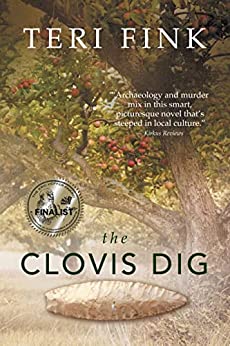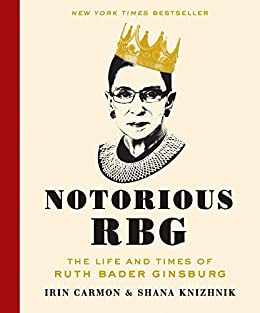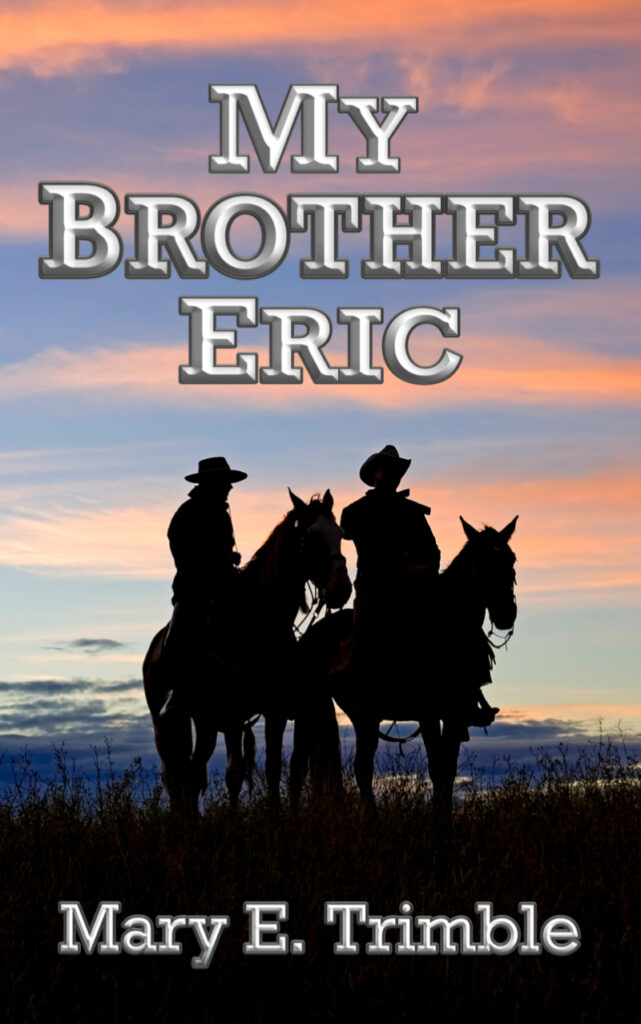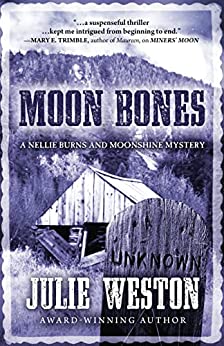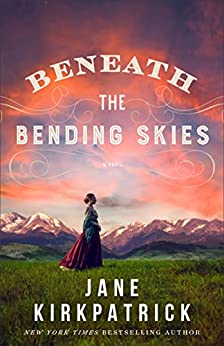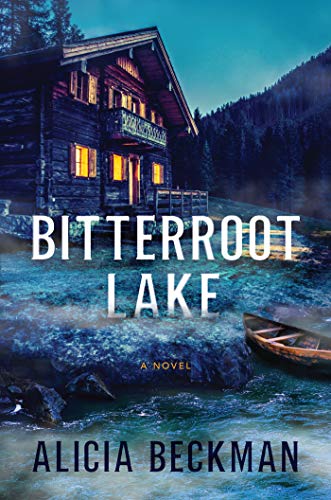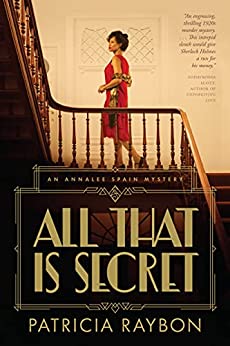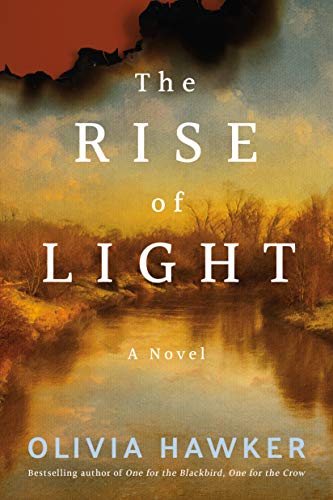
Painted Skies by Barbara Marshak, a moving and inspirational novel, takes place in modern day Wyoming ranch country.
Vonnie Daniels, 58, takes a vacation from her job as a law firm receptionist in Indiana to volunteer for ten days at the Sage Creek Guest Ranch in Wyoming. Her job will be to greet guests as they arrive, and manage the front desk. Her mornings are busy but she has the afternoons to ride horseback and enjoy the country life-style. She’s never lived in the country and she’s taken by the raw beauty of her surroundings.
Eleven years before, Vonnie lost her husband to a heart attack. Other heartbreaks have also taken their toll, namely the three miscarriages she suffered before finally giving birth to their only child, a daughter, Jacqui, who is now married and has a daughter of her own. Jacqui was against Vonnie taking this trip, thinking it frivolous and risky.
While at the ranch Vonnie finds peace and friendship. She loves her little cabin, the magnificent view, and enjoys the companionship of Gertie, the ranch’s baker. Gertie invites Vonnie to go horseback riding, a scary but exhilarating experience. Gertie’s a down-to-earth woman and her friendship is a balm to Vonnie’s anxiety.
But all is not well on the ranch. Mysterious, dangerous instances mar the tranquility of the Sage Creek Guest Ranch, vandalism that not only causes damage to ranch property, but also involves danger to Vonnie.
Toward the end of her stay at the ranch, Vonnie meets a charismatic cowboy. A promising new future presents itself, but will practical, common sense prevail, or can Vonnie let go of old fears and let her future blossom into a new, vibrant lifestyle?
I found Painted Skies not only a fun read, but an inspirational story. The author vividly paints the rugged Wyoming landscape, its wide-open skies, jagged mountains, and vast stretches of land. The main character is deeply spiritual and I appreciated the scripture quotations as she discovers truth among the healing words.


